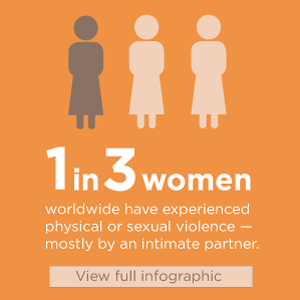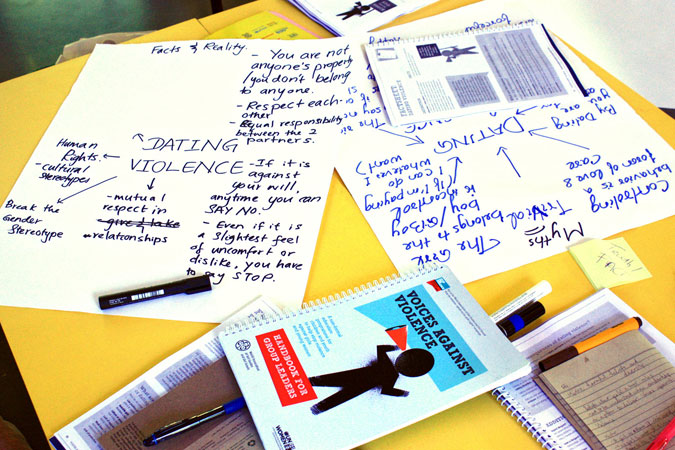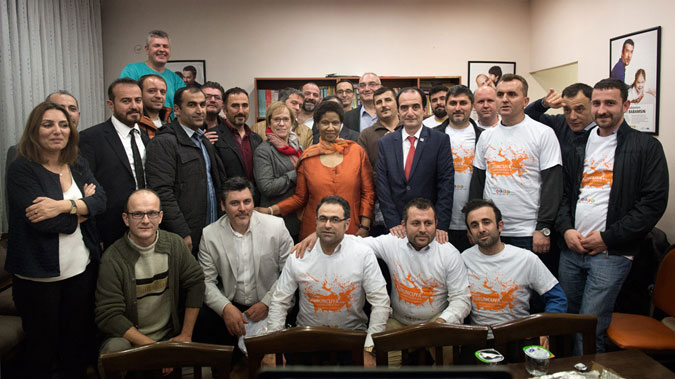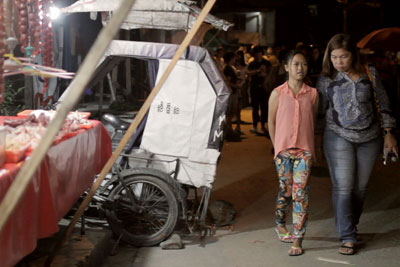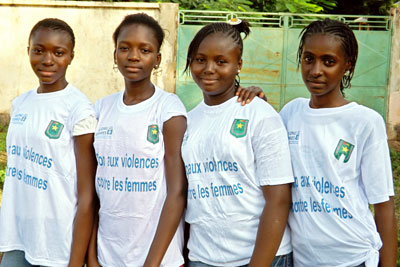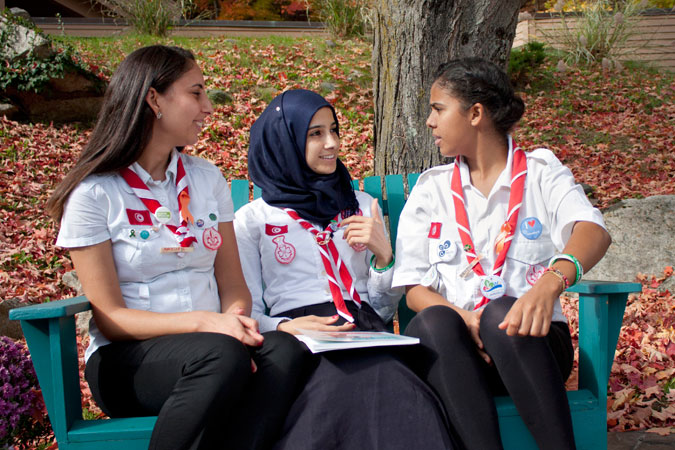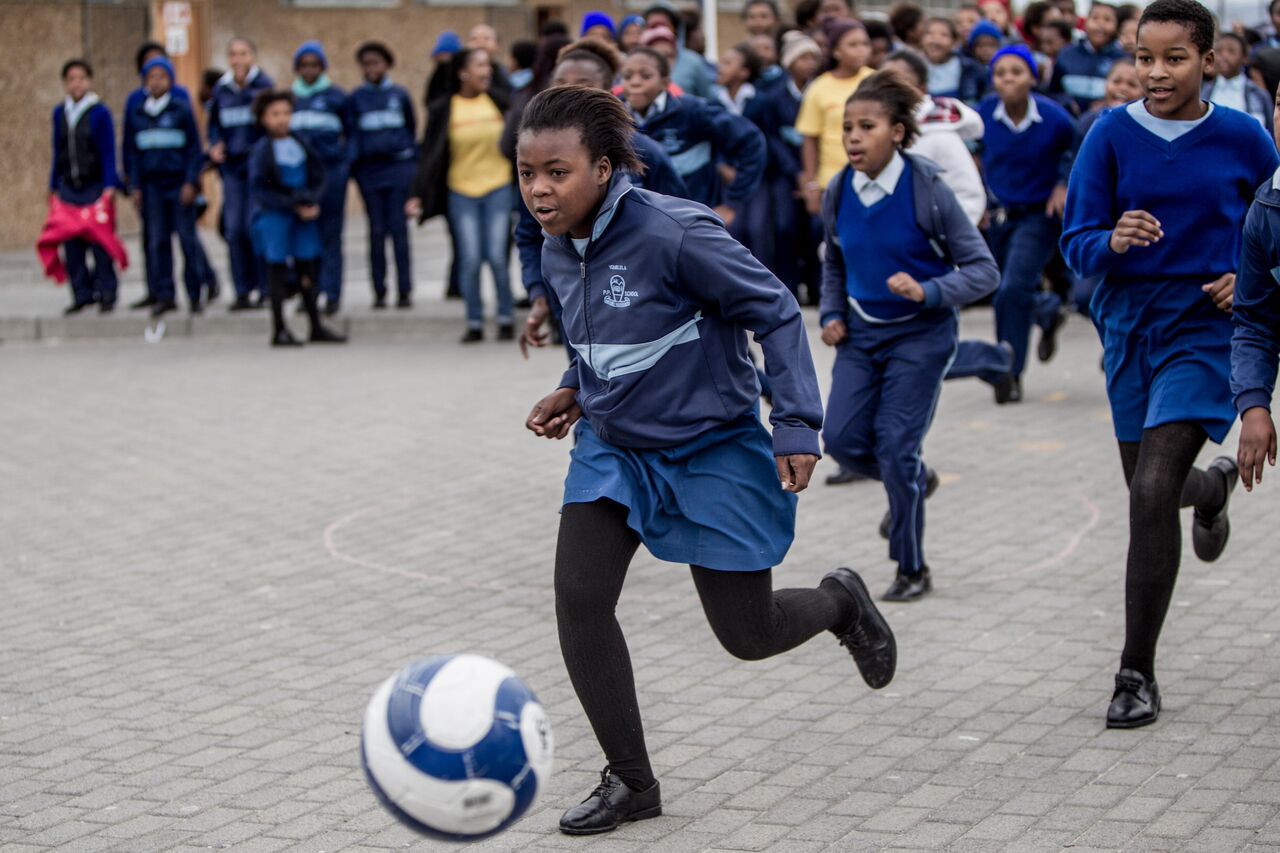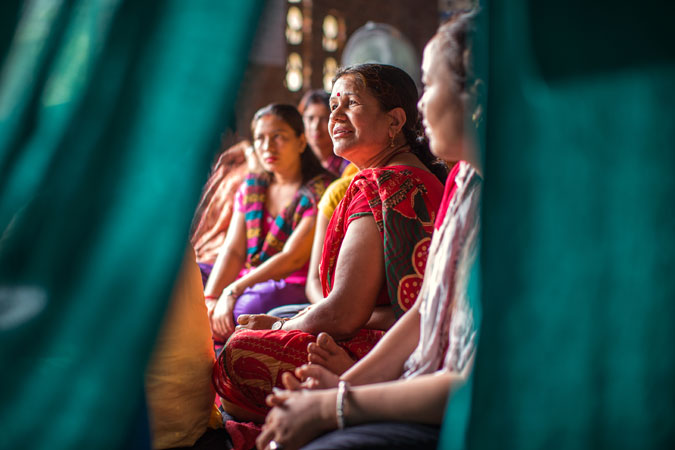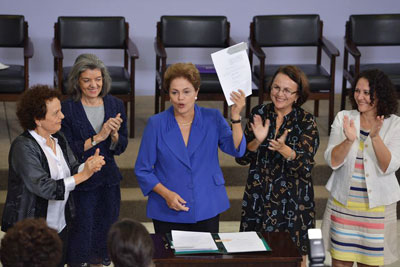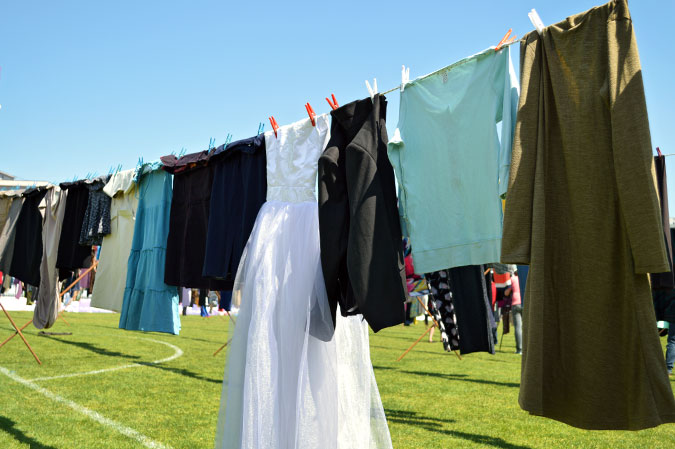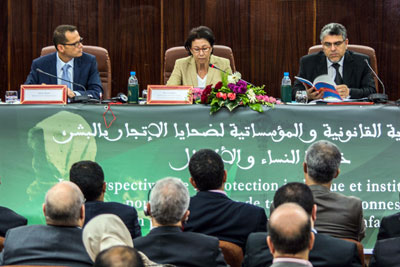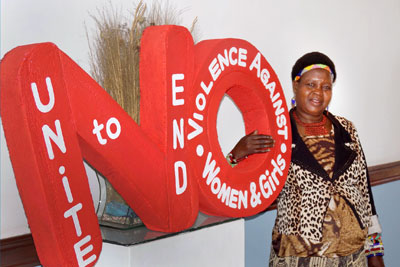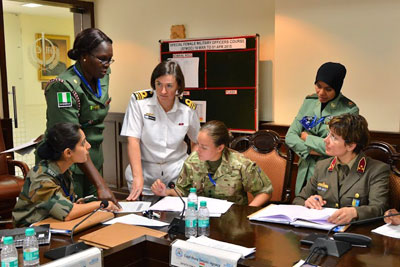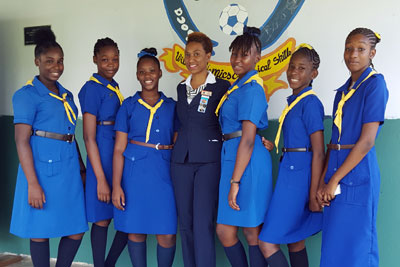Prevent violence against women
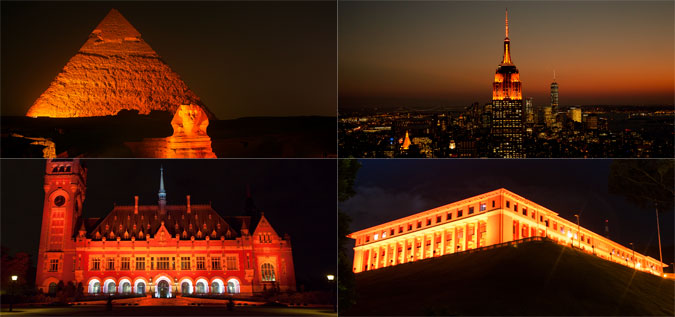
Photos |Statements |News |Videos | Quiz | Features |
Join the conversation |Facts & Figures
The Issue
A staggering one in three women have experienced physical or sexual violence in their lifetime—a pandemic of global proportions. Unlike an illness, however, perpetrators and even entire societies choose to commit violence—and can choose to stop. Violence is not inevitable. It can be prevented. But it’s not as straightforward as eradicating a virus. There is no vaccine, medication or cure. And there is no one single reason for why it happens.
As such, prevention strategies should be holistic, with multiple interventions undertaken in parallel in order to have long-lasting and permanent effects. Many sectors, actors and stakeholders need to be engaged. More evidence is emerging on what interventions work to prevent violence—from community mobilization to change social norms, to comprehensive school interventions targeting staff and pupils, to economic empowerment and income supplements coupled with gender equality training.
Prevention is the 2015 theme of the International Day for the Elimination of Violence against Women on 25 November and of the UNiTE to End Violence against Women Campaign’s 16 days call for action. This year, at the official commemoration at UN Headquarters in New York, the first UN Framework on Preventing Violence against Women was launched and discussed (ECOSOC Chamber; 10 a.m.–12 noon). This document stems from the collaboration of seven UN entities: UN Women, ILO, OHCHR, UNDP, UNESCO, UNFPA and WHO. The framework develops a common understanding for the UN System, policymakers and other stakeholders on preventing violence against women and provides a theory of change to underpin action.
16 days to “Orange the world”
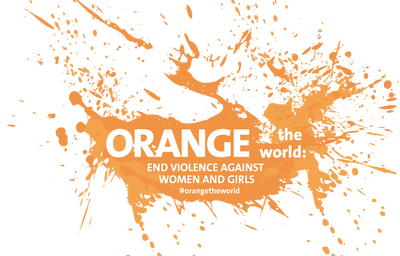
From 25 November through 10 December, Human Rights Day, the 16 Days of Activism against Gender-Based Violence aim to raise public awareness and mobilizing people everywhere to bring about change. This year, the UN Secretary-General’s UNiTE to End Violence against Women campaign invites you to “Orange the world,” using the colour designated by the UNiTE campaign to symbolize a brighter future without violence. Organize events to orange streets, schools and landmarks! Read our Toolkit ; See our poster.
Orange events are planned in more than 70 countries around the world ahead of and throughout the 16 days. They will include the orange lighting of major landmarks like Niagara Falls (Canada/USA), the European Commission building (Belgium) and the Council of Europe building (France), the archeological ruins at Petra (Jordan), the Presidential Palace in Brasilia (Brazil), and the Palais de Justice (Democratic Republic of the Congo). Other events planned range from the ‘oranging’ of bus stops in Timor-Leste, to marathons in Venezuela, to spontaneous orange flash mobs in Indonesia. Read more »
Snapshots of orange events in 2015
Snapshots of orange events in 2014
Youth raise their voices against violence: a photo essay
Speeches and statements
Executive Director's statement
In her statement to mark this year’s International Day for the Elimination of Violence against Women (25 November), UN Women Executive Director Phumzile Mlambo-Ngcuka says “if we all work together: governments, civil society organizations, the UN system, businesses, schools, and individuals mobilizing through new solidarity movements, we will eventually achieve a more equal world—a Planet 50-50—where women and girls can and will live free from violence”. Read her statement »
[Also available in Arabic, Chinese, French, Russian and Spanish]
- Executive Director calls for collaboration and strong leadership in efforts to prevent violence against women (25 November 2015)
Remarks by UN Women Executive Director Phumzile Mlambo-Ngcuka at the official commemoration of the International Day for the Elimination of Violence against Women on 25 November in New York. - "We must focus on changing attitudes and realizing women’s human rights" — Executive Director on ending violence against women (9 December)
Speech by UN Women Executive Director Phumzile Mlambo-Ngcuka at the Ending Violence against Women: Building on Progress to Accelerate Change meeting in Istanbul, Turkey on 9 December.
News and coverage
- Zero tolerance a must to end violence against women and girls leaders say at global UN conference
- Press release: High-level global UN meeting to focus on ending violence against women
- During the 16 days of activism, UN Women Executive Director visits DRC
- Executive Director brings orange to the iconic Nelson Mandela bridge in South Africa
- Watch the archived webast [Part 1, Part 2]
- Press release: Spotlighting prevention, “Orange the World” kicks off global efforts to end violence against women and girls
[Also available in Arabic, Chinese, French, Russian and Spanish] - Media advisory: “Orange the world” events spur global action to end violence against women and girls
- Letter to the media [ en | es | fr ]
- UN Women Executive Director visits Brazil
- Orange the world to end violence against women
- An overview of “Orange your neighbourhood” 2014 events
Videos
Quiz
Human impact stories
Ending violence against women is one of the key priorities of multiple UN Women programmes and advocacy around policy change. UN Women also manages the UN Secretary-General’s UNiTE campaign on behalf of the UN system, as well as the UN Trust Fund to End Violence against Women, supports widespread social mobilization through its Say NO – UNiTE social media platforms on Facebook and Twitter, and has co-developed a non-formal curriculum on preventing violence, aimed for girls ages 5 through 25. These human impact stories provide a snapshot of our work:
Fathers in Turkey foster violence-free families and gender equality
A ground-breaking project in Istanbul brings fathers together to discuss family dynamics that lead to more non-violent households.
To walk the streets of Quezon City without fear of violence against women
Through the Safe City Metro Manila programme, Quezon City will seek to set an example with improved data collection and trailblazing local legislation on sexual harassment against women in public spaces.
Hotline helps prevent gender-based violence in Mali
In operation since March 2014, the Control Centre provides services for the attention, support and care for gender-based violence survivors. Its flagship product is the 80333 free hotline available country-wide and around the clock.
Through education, youth act to prevent violence against women
After taking part in the third of a series of training-of-trainers workshops, 45 youth leaders from the girl guiding movement prepare to lead prevention activities back home.
Girls kick violence with Grassroot Soccer
At a Primary School in Khayelitsha, South Africa, a male-founded sports-based programme fosters girls’ empowerment and addresses violence against women.
Reaching out to survivors of violence in post-earthquake Nepal
With counsellors dealing with rising cases of domestic and sexual violence, UN Women, the Government of Nepal, and partners have set up a multipurpose women’s centre to address trauma and provide psychosocial support.
In Brazil, new law on femicide to offer greater protection
Coinciding with the new law, Brazil is the first pilot country adapting the Latin American Model Protocol for the Investigation of Gender-related Violent Deaths, promoted by UN Women and OHCHR
Dressing up a soccer stadium for survivors in Kosovo
As the country moves to break the silence around conflict-related sexual violence, a public art installation aims to raise awareness and combat stigma for survivors.
New draft law to combat human trafficking brings hope in Morocco
Experts believe adopting the new anti-trafficking law will make it easier for authorities to investigate and prosecute this widespread crime.
Malawi Chief annuls 330 child marriages
In a country where half of girls are married before age 18, UN Women played a key role in lobbying for a new law that raises the legal age to wed, while raising awareness and working with traditional leaders to annul marriages.
Female peacekeepers take the helm, to end gender-based violence
A training course piloted in India aims to equip female military officers in peacekeeping missions to tackle sexual and gender-based violence.
“Education is power” – Girl Guide teacher/trainer
A teacher and Girl Guide Leader from Grenada speaks about the importance of non-traditional education and how she will use the “Voices against Violence” curriculum co-developed by UN Women and the World Association of Girl Guides and Girl Scouts as a tool to prevent violence among girls.
Join the conversation
UN Women Deputy Executive Director Lakshmi Puri is holding a Twitter chat on Monday, 7 December 2015, 11.30am ET, to discuss ending violence against women and girls.
Orange your profile picture to show your support!
Join the conversation and Orange the World in 16 Days on social media! Hashtags: #orangetheworld and #16days
Join the ‘Orange the World’ Event page on Facebook and post photos and actions happening in your country during the 16 Days of Activism.
Orange your Facebook wall, Instagram and Twitter accounts with a variety of images, banners and promotional material.
A social media package with sample messages in English, Spanish and French will be available here.
Follow us
@sayno_unite, @un_women, @onumujeres, @onufemmes, @phumzileunwomen on Twitter
Say NO - UNiTE, UN Women, ONU Mujeres, ONU Femmes on Facebook
Say NO – UNiTE, UN Women on Instagram
UN Women on Google+
UN Women on LinkedIn
UN Women on Pinterest
